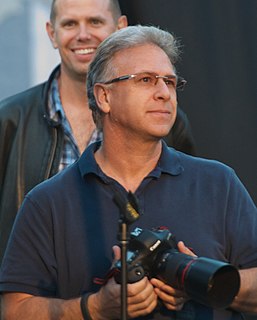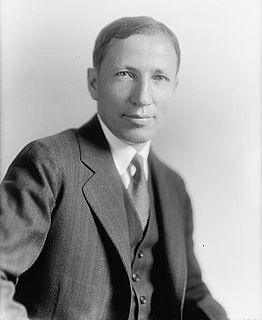A Quote by Vint Cerf
By 1988, I'm seeing this commercial phenomenon beginning to show up. Hardware makers are selling routers to universities so they can build up their campus networks. So I remember thinking, 'Well, how are we going to get this in the hands of the general public?' There were no public Internet services at that point.
Related Quotes
But, that’s the whole point of corporatization - to try to remove the public from making decisions over their own fate, to limit the public arena, to control opinion, to make sure that the fundamental decisions that determine how the world is going to be run - which includes production, commerce, distribution, thought, social policy, foreign policy, everything - are not in the hands of the public, but rather in the hands of highly concentrated private power. In effect, tyranny unaccountable to the public.
Companies that actually survive and flourish are going to change their business model from production to aggregating the networks and the network services and solutions. If you're a construction company or an IT company or a logistics company or an information data operation, to the extent that you can find ways to help build the commons, you can get some commercial value in that.
When I went to college in 1988, most people were probably trying to figure out how they were going to decorate their rooms, who was going to be on their floor, what classes they were going to take. My big preoccupation at that point was figuring out how I could get my absentee ballot so that I could vote in Ohio for Michael Dukakis at that time.
We like to say the Internet is the ultimate library. But libraries are libraries because people come together and fund them through taxes. Libraries actually exist, all over the country, so why is it such a reach to imagine and to someday build a public institution that has a digital aspect to it? Of course the problem is that libraries and other public services are being defunded and are under attack, so there's a bigger progressive struggle this plays into.




































